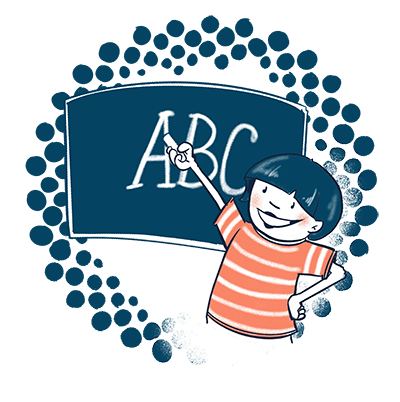Part
01
of one
Part
01
Climate Action Toolkits
Key Takeaways
- Greenpeace International's climate toolkit includes a guide for organizing zero-waste events, from large-scale community events to cozy picnics.
- NRDC's Food Matters comprehensive toolkit includes a calculator tool that cities can leverage to provide food waste data.
- Greenpeace International provides lesson plans, field trip ideas, and games to educate children of all ages regarding plastics' impact on the climate.
Introduction
This report provides insights into helpful information in climate action toolkits for environmentalists and the general population.
Event Hosting
- Climate action toolkits often promote event hosting/organization as a way for environmentalists and the general population to take action.
- The event would enlighten others regarding the environmental impacts and threats of specific activities or policies or show support for the same.
- The toolkits provide a step-by-step guide to hosting such events, from identifying the audience to the follow-up process after presentation delivery.
- Greenpeace International's climate toolkit includes a guide for organizing zero-waste events, from large-scale community events to cozy picnics. The organization provides guidelines and tips for sending invites and decorating.
- Sierra Club provided similar guidelines for community events and education regarding the environmental implications of the Trans-Pacific Partnership (TPP).
Climate Impact Calculations
- Several climate action toolkits encourage environmentalists and the general population to take action by calculating their contribution to climate change.
- Such calculations help provide data that people, companies, and cities can leverage as a baseline to measure progress. It also allows them to develop long and short-term goals.
- NRDC's Food Matters comprehensive toolkit includes a calculator tool that environmentalists can access by contacting the organization. The tool helps to provide food waste data that cities can leverage to reduce food waste.
- It provides "a better understanding of the quantities of wasted food and where it is likely occurring so that each city can focus its attention on solutions most closely aligned with its specific situation."
- High Country Conservation Center and Environmental Law Institute's toolkits encourage the general population, environmentalists, and cities to calculate their carbon footprint using calculators provided by the US Environmental Protection Agency (EPA).
Climate Curriculum for Teachers
- Many nonprofits include a climate curriculum as a resource for educating and creating awareness regarding climate threads and impacts in the classroom for children of all ages.
- The curriculum is often divided into different age groups of children up to 6 years, 6-12 years, and 12+ years. However, there might be some age group variations across each organization's toolkit.
- Greenpeace International provides lesson plans, field trip ideas, and games to educate children of all ages regarding plastics' impact on the climate.
- NRDC also provides a similar tool for educating children, including an open discussion curriculum for teenagers.
Clean Energy
- Transitioning to 100% clean energy is a common topic provided to environmentalists and the general population to take action.
- This typically involves pledging or signing a petition that promotes a clean energy future.
- The Nature Conservancy's toolkit leverages a pledge to incentivize environmentalists to take action to promote clean energy. Each person who signs the pledge agrees to rally climate experts, policymakers, and the business community regarding the mandate.
- Sierra Club's Ready for 100 climate action toolkit provides a campaign guide for climate activists to promote 100% clean energy. The toolkit has a three-step guide, including the campaign roadmap, organizing online, and how to communicate the mandate to others.
- NRDC encourages environmentalists to "Urge Biden to shut down the climate-busting Line 3 and Dakota Access Pipelines." By taking action, environmentalists would be sending letters to President Biden, Vice President Harris, and The US Army Corps of Engineers.
- The organization urges people to include their thoughts on the topic as personalized messages would be more effective.
Learning Modules
- Climate actions toolkits typically include learning modules to provide the general population and environmentalists with sufficient information and insights regarding climate issues, threats, and impacts due to specific activities.
- The modules often include a problem statement, potential/existing climate impact, and solutions.
- Greenpeace International has a learning module as part of its plastic-free future toolkit.
- The Nature Conservancy also provides learning modules regarding specific climate topics for environmentalists to take action.
Research Strategy
We leveraged climate action toolkits from US-based nonprofits such as Greenpeace International and Sierra Club. Since there is no available pre-compiled information for the topic, we identified similarities among several climate action toolkits to provide the insights in this report.
